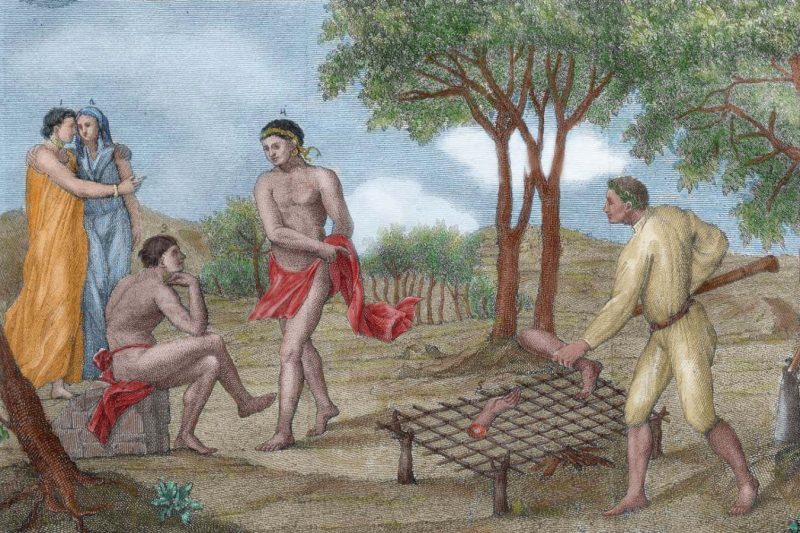IT IS the last word taboo: in most societies, the thought of 1 human consuming one other is morally repugnant. Even in circumstances the place it might arguably be justified, similar to when a aircraft crashed within the Andes in 1972 and ravenous passengers ate the useless to outlive, we nonetheless have a deep aversion to cannibalism. One of many survivors, Roberto Canessa, has since described the passengers’ actions as a “descent in direction of our final indignity”.
Ethically, cannibalism poses fewer points than you may think. If a physique may be bequeathed with consent to medical science, why can’t it’s left to feed the hungry? Our aversion has been defined in varied methods. Maybe it’s all the way down to the truth that, in Western non secular traditions, our bodies are seen because the seat of the soul and have a whiff of the sacred. Or perhaps it’s culturally ingrained, with roots in early fashionable colonialism, when racist stereotypes of the cannibal have been concocted to justify subjugation. These got here to signify the “different” to Western societies – and revulsion in direction of cannibalism grew to become a tenet of their ethical conscience.
A slew of current archaeological discoveries is now additional complicating how we take into consideration human cannibalism. Researchers have unearthed proof suggesting that our hominin ancestors ate one another surprisingly typically. What’s extra, plainly they weren’t all the time doing so for the explanations you may anticipate – for sustenance or to compete in opposition to and intimidate rivals – however typically as funerary rituals to honour their useless.
Prefer it or not, then, cannibalism is a vital a part of our story. This isn’t to say that we must always change our attitudes in direction of it. However understanding its deep roots may shift our perspective on the few cultures that also practise cannibalism right now, albeit solely sometimes, such because the Aghori, a Hindu ascetic sect in India that does it in pursuit of transcendence. Above all, these discoveries invite us to rethink our revulsion to cannibalism within the context of our evolutionary previous.
Subjects:
- cannibalism/
- human evolution












